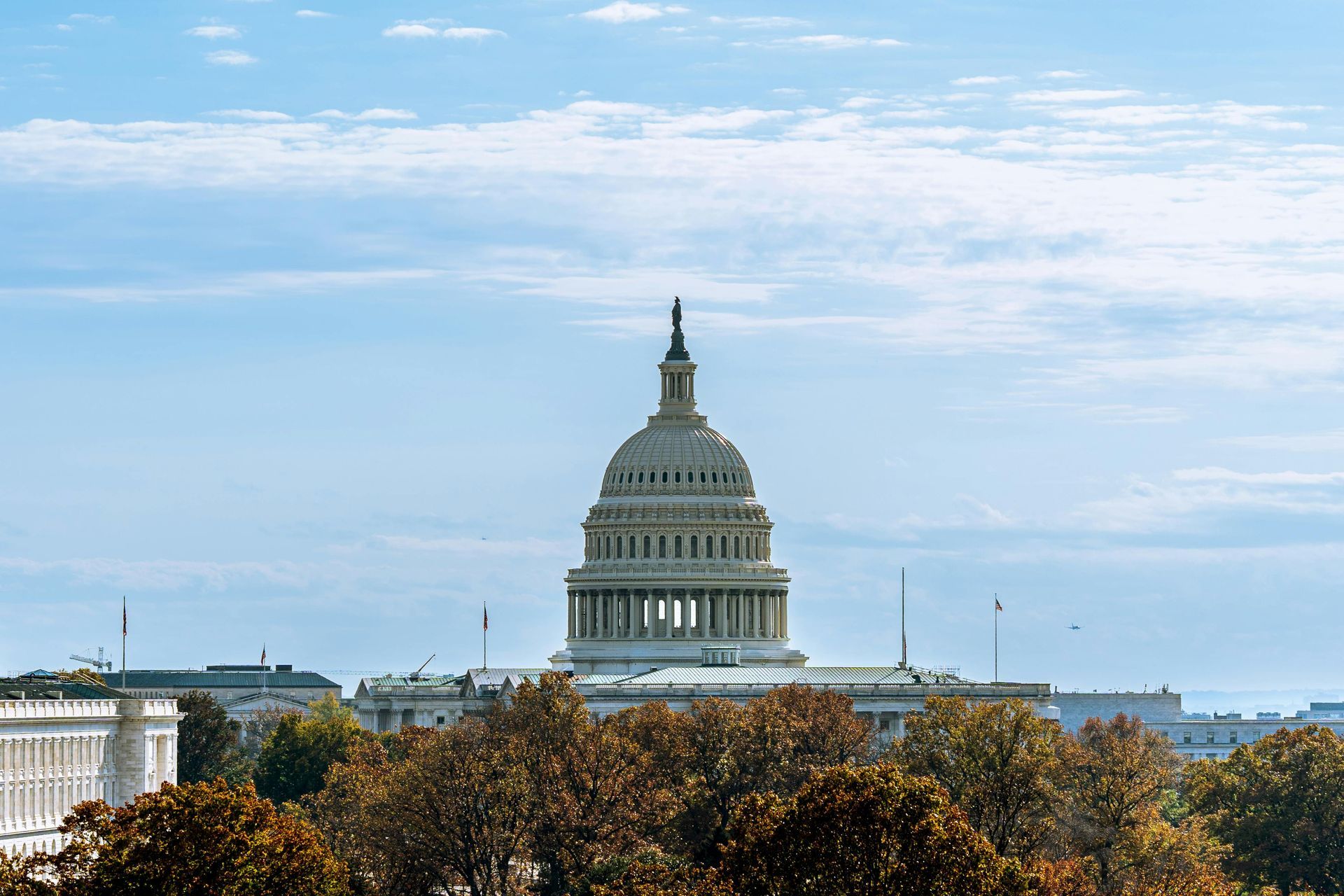Appellate Law
Advocacy that ensures your case is heard and understood.
Appellate law is about more than appealing decisions—it’s about clarifying legal principles and achieving justice. At the Law Office of Lawrence Joseph, we specialize in crafting precise legal arguments, presenting amicus briefs, and navigating the appellate process. With decades of experience, we provide the expertise you need to confidently take your case to the next level.
Frequently asked questions about appellate law.
Here are answers to common questions about appeals and amicus briefs.
What is the difference between trial and appellate courts?
Trial courts resolve disputes through evidence and witness testimony, while appellate courts review legal errors in trial court decisions. Appellate cases focus on interpreting laws and precedents, making strong written arguments crucial.
What is the purpose of an amicus brief?
An amicus brief offers legal insights or perspectives from non-parties to influence appellate decisions. These briefs help courts understand broader implications and make informed rulings.
When should I consider filing an appeal?
Appeals should be filed when a legal error significantly impacted the trial’s outcome. It’s important to consult an experienced appellate attorney promptly, as strict deadlines apply.
How long does the appellate process take?
The length of an appeal varies but typically ranges from several months to over a year. Factors include court caseloads and case complexity.
Can I appeal a case without legal representation?
While self-representation is possible, appellate law is highly specialized. An experienced appellate lawyer ensures your case is presented effectively, increasing your chances of success.



